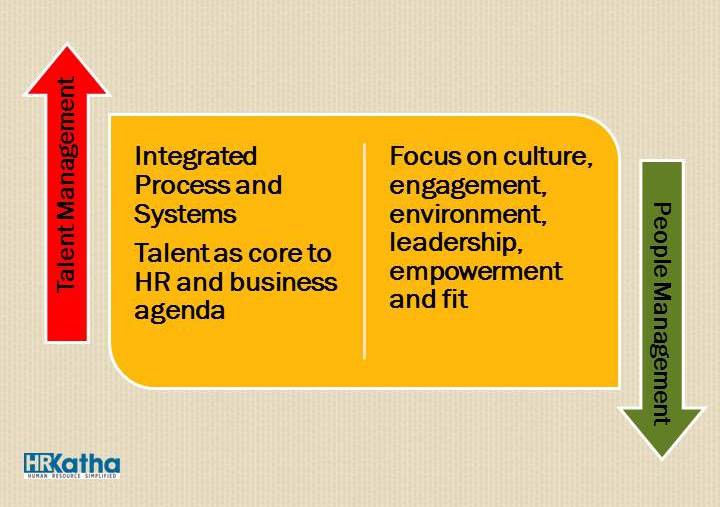Talent management is about understanding your key people and what you need to do, in order to ensure the constant development of the organisation’s capabilities and talent.
Ruth Handler, co-founder, Mattel said, “We didn’t know how to run a business, but we had dreams and talent.” The California headquartered, Mattel Inc., one of the Fortune 500 companies, was founded in 1945 and since then has been through many ups and downs. However, it constantly re-invented itself to stay relevant and successful. Such success stories in businesses, as Handler puts it correctly, are made possible through meaningful aspirations and the right kind of talent to achieve the same.

Talent is what makes organisations either sustain and succeed or fall apart. Although it is an established fact that with the right kind of talent organisations can be at their best, in the absence of a strong understanding of talent management, even the best of talent would not be able to help businesses succeed. In simple words, talent management is about understanding your key people and what you need to do, to ensure the constant development of the organisation’s capabilities and talent, and their ability to contribute to your business strategy.
Having said that, organisations need to keep people happy and engaged and that requires conscious efforts. Pradeep Mukerjee, founder director, Confluence Coaching & Consulting says, “Efficient talent development is possible through the experience or jobs you assign them. You need to consider their aspirations and that is what forms an inherent part of talent management.”
Mukerjee explains that the last 10–15 years have witnessed an economic development in the country, especially in the service sector, that has given people more career options to choose from. Organisations are also realising that there is a cost attached to that choice, and hence, “there now needs to be more focus on what people want and how we can take care of their interest,” Mukerjee says.

Gone are the days when organisations could sit back and enjoy the talent influx. Talent scarcity is only worsening and the need for organisations to become stronger talent magnets is growing. Industry veteran, Josh Bersin, principal and founder, Bersin by Deloitte, also mentioned in one of his blogs, “As the world of work becomes more contingent and the disparity between highly skilled and others grows, the need to attract top people will get stronger.”
In times when organisations should be mindfully investing efforts in attracting and developing talent, a lot of attention simply goes into getting ready to put talent management software in place, which for a while does seem useful but may not solve the core purpose of managing talent in the longer run—connecting with and understanding people. As talent management evolves from being about nurturing individuals for a specific role to considering their career growth and aligning it with organisational aspirations, there arises a need for a more humane and personalised approach to talent management.
Guillermo Miranda, chief learning officer, IBM says in this regard, “Talent management needs to create an environment where people can thrive and grow in multitasking roles and this is where people management or team management comes in.” Especially with a millennial workforce, the kind of practices organisations are forced to adopt revolve largely around flexibility and career acceleration opportunities.
Richard Lobo, senior vice-president & head-HR, Infosys also highlights the increasing importance of customised people actions and the move from talent management to people management, as he talks about a millennial-dominated, yet mixed workforce. He says, “We’re increasingly dealing with a blended workforce, where full-time and part-time employees cohabit the same space, but whose needs are completely different. Therefore, we need to move towards creating journeys and experiences that are based on what we know about our people.”
It goes without saying that people now look for constant enrichment in their professional lives. “To make that happen and take the leap from mere talent management to holistic people management, organisations need to know their people,” says Mukerjee. It is this change in the outlook of organisations, which will decide if they can perform at a meaningful level. The question, however, is how much time does HR spend understanding and meeting people versus managing the transactional tasks? That is the one thing that has been coming down significantly over the last decade. Hence, HR managers really need to start spending more time with people now than ever before.



